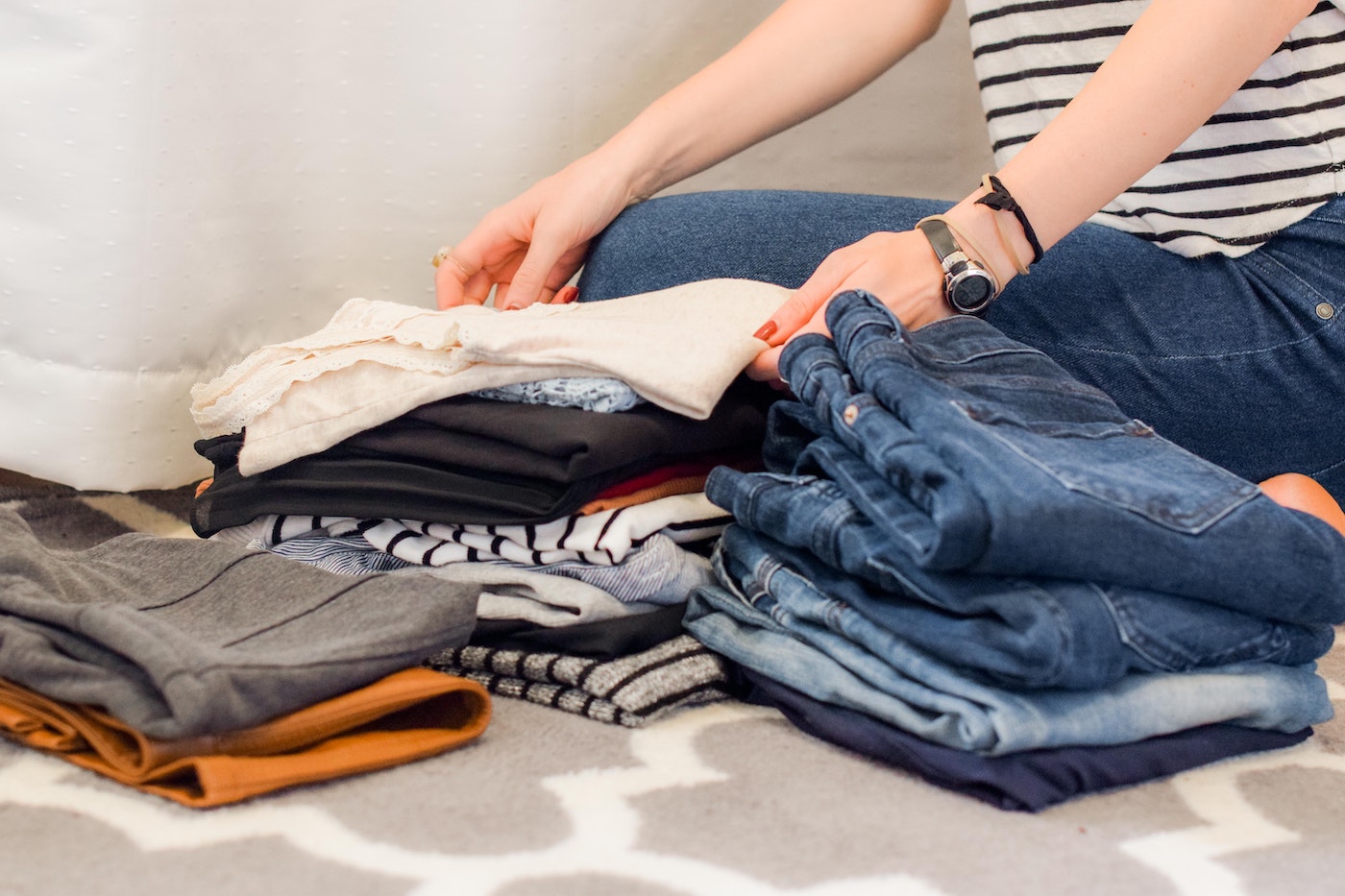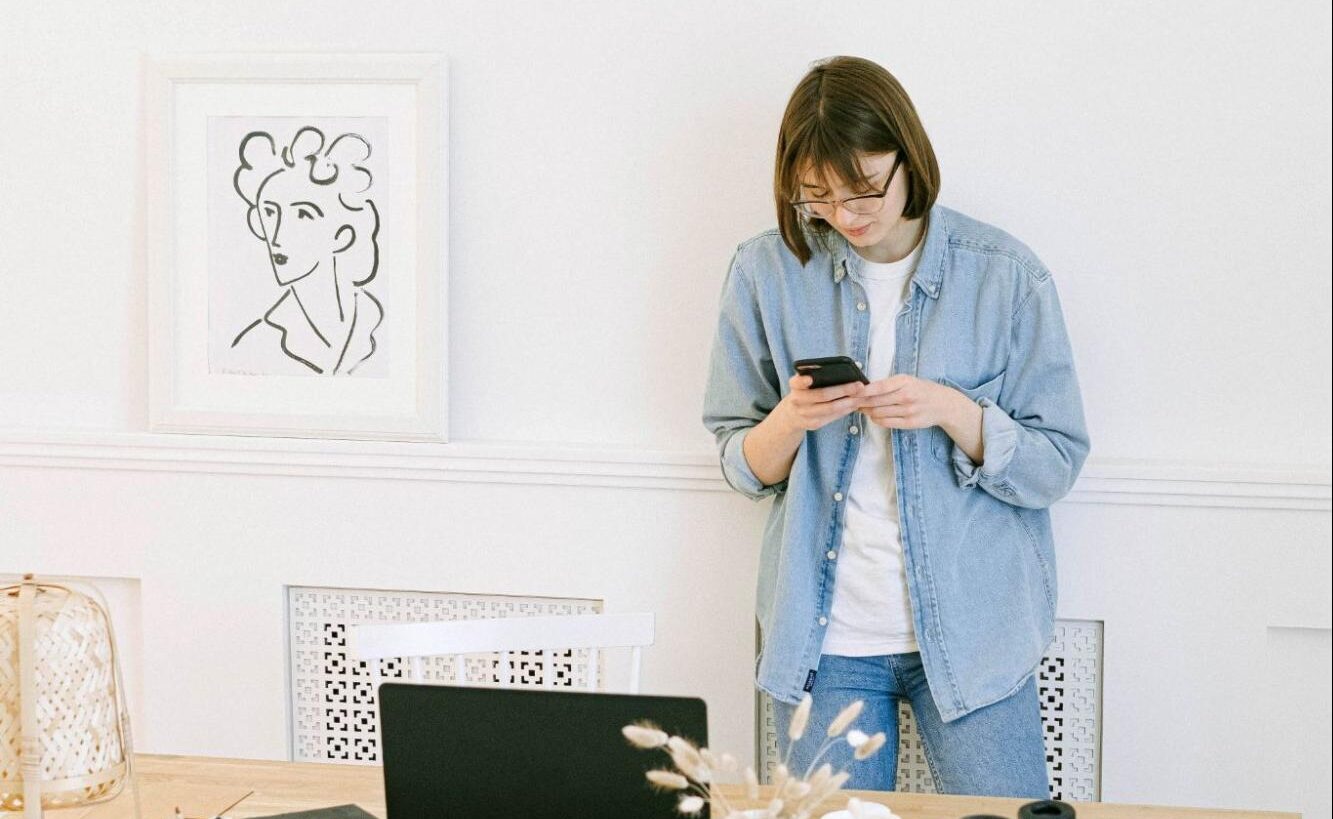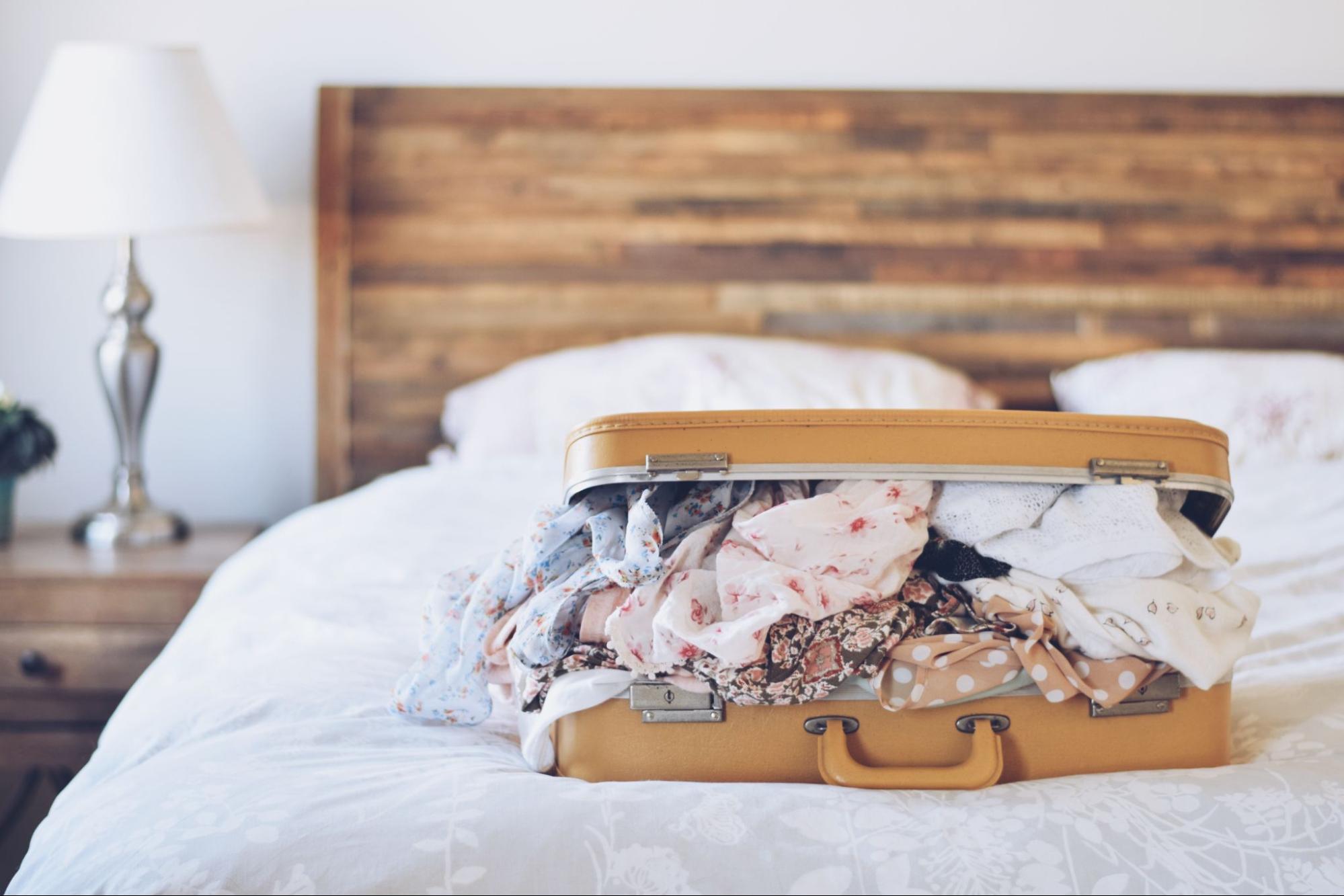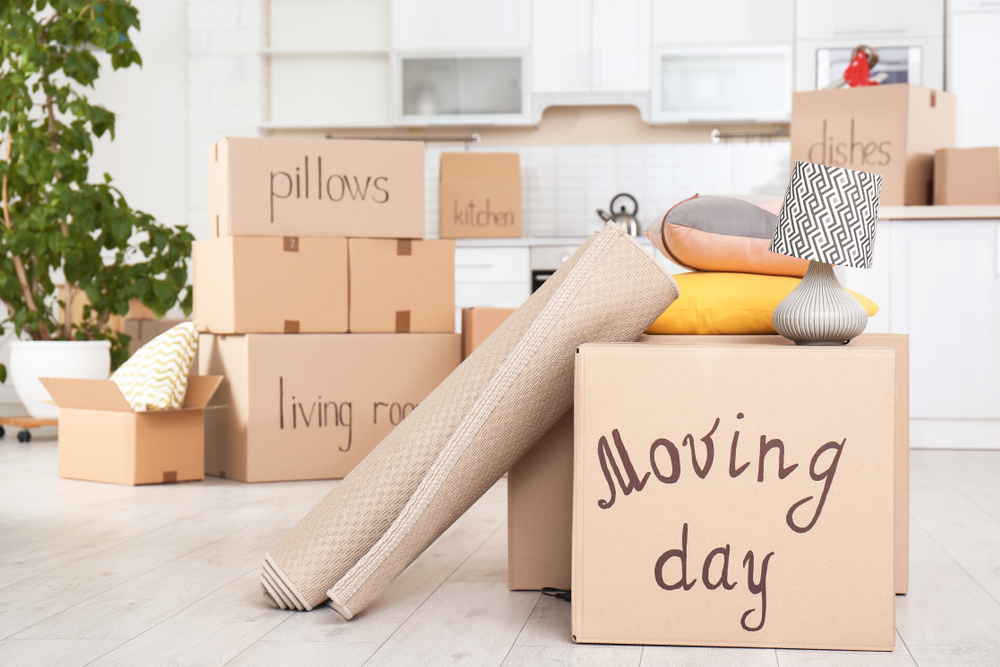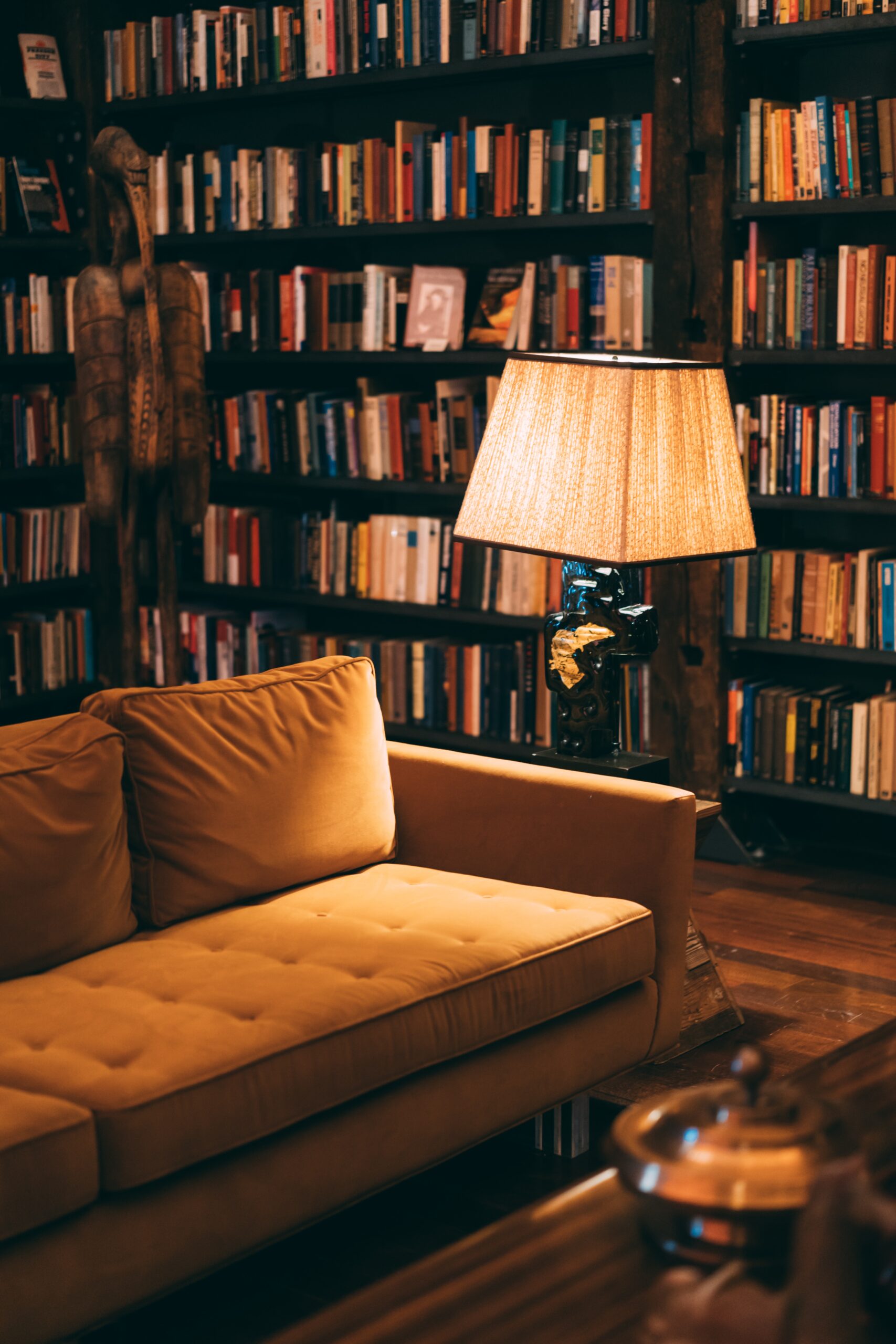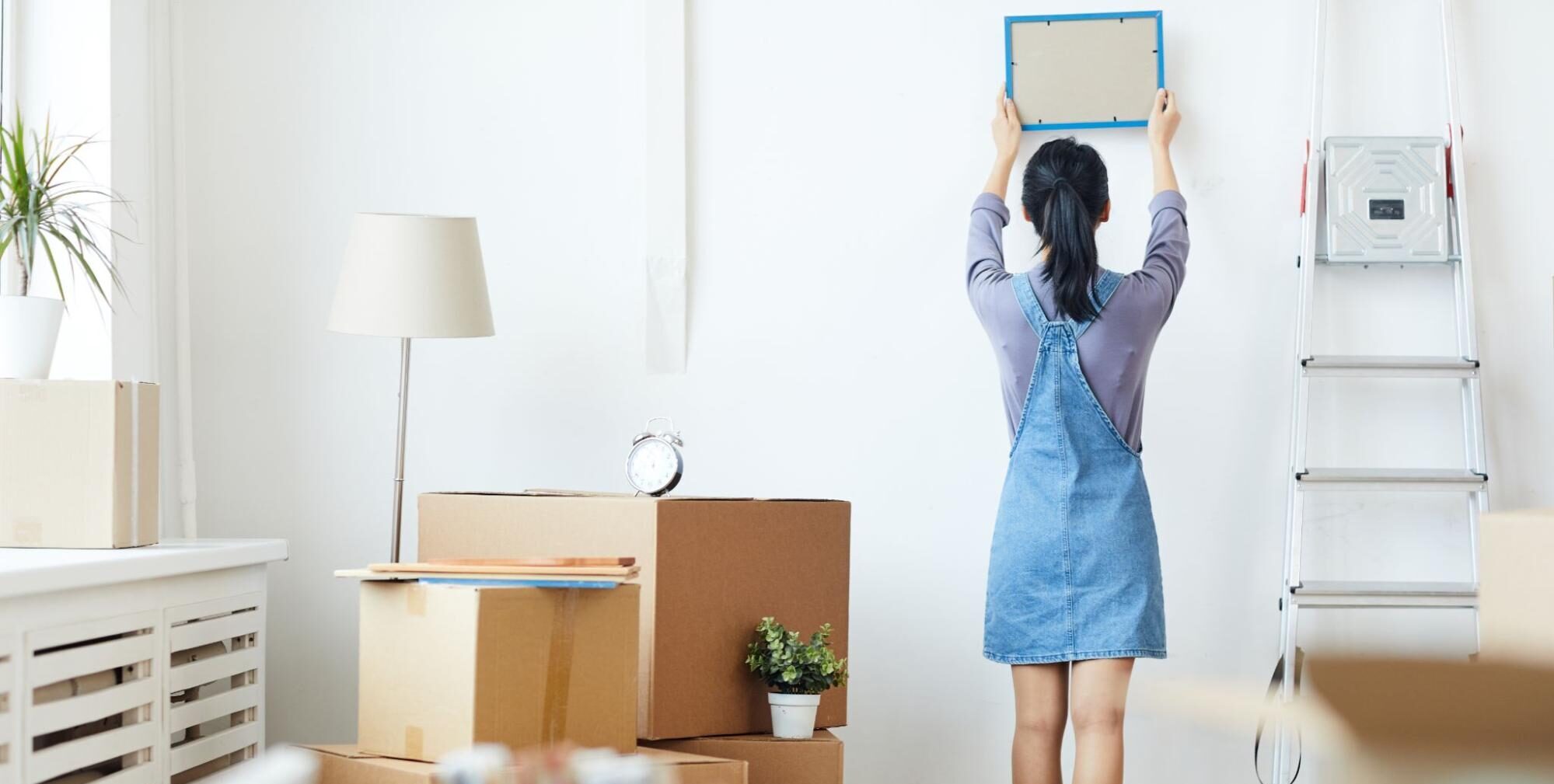
How to Live Minimally: Benefits and Tips
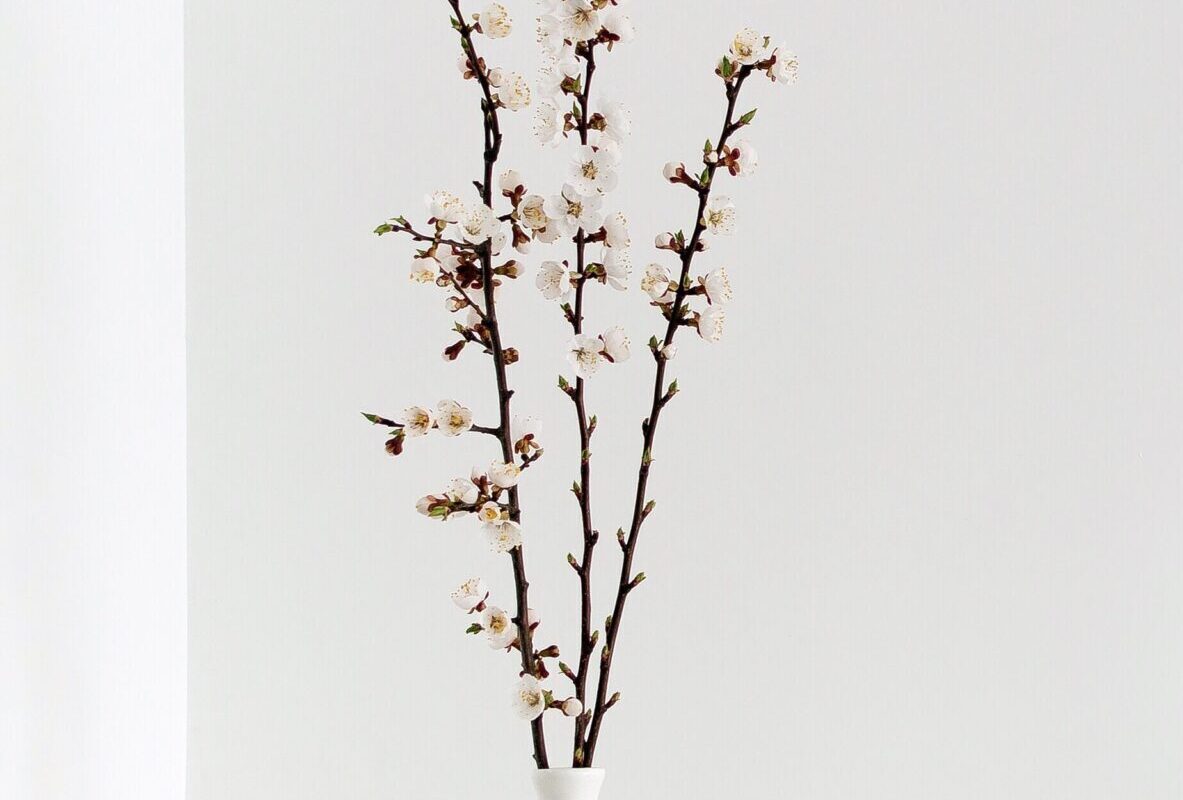
Minimalism isn’t a new concept, but it’s gained attention in recent years. While skeptics often think it’s all about critiquing consumerism and shaming others for being materialistic, this isn’t really the case. A minimalist lifestyle has more to do with freeing yourself of the burden of owning things and the constant urge to acquire more.
If you’re curious about the practice and want to explore it, you’ve come to the right place. Here’s what you should know about minimalism, including what it means, the benefits, and tips on how to live minimally.
What is minimalism?
As a lifestyle, minimalist living is all about simplicity. It’s doing more with less, finding beauty in non-material things, and honing in on experiences rather than possessions. When you’re not caught up buying and owning things, you can focus your attention on what matters.
Minimalism has been practiced for centuries, and it holds a slightly different meaning for everyone. For instance, in the world of design, the minimalist movement took off in the mid-20th century and has since become a popular aesthetic for home decor and art.
When we talk about embracing a minimalist life, it’s not the same as styling your space with simple colors and pared-down furnishings with clean lines. Having said that, implementing a minimalist lifestyle starts at home.
What does it mean to live minimally?
It’s easy to become attached to the things we own. Many people feel like they need various possessions to get by, but in reality, you can do more than you think with much less.
For instance, you might own 13 spoons, eight pairs of black pants, and 40 ball-point pens. Maybe you’ve used all your spoons, worn all your pants, and written notes with all your pens—or maybe you haven’t. The point is that you might only need one of each. Getting rid of the excess can be freeing, and deciding not to purchase new ones can be life-changing.
Benefits of living minimally
People adopt a minimalist approach to life for many reasons. For some, it offers a path to mental clarity, and for others, it’s about letting go. In any case, the benefits of living minimally are undeniable.
A minimalist mindset can help you:
- Remove clutter from your life
- Eliminate things that don’t provide you with value
- Travel or relocate
- Reduce stress and feelings of worry
- Be happier
- Focus on experiences instead of stuff
- Reduce your carbon footprint
- Develop stronger relationships
- Explore your true passions
- Find financial freedom
Ultimately, when you declutter and have fewer things, you have more time and a simpler life. And when you buy fewer things, you can save more money. With reduced clutter and minimal living, you won’t spend as much time cleaning your home, digging through your closet, or searching for misplaced items. And without the pressure to acquire more possessions and make impulse purchases, you can focus on improving your financial health, happiness, and emotional clutter.
Tips for living minimally
If you’re willing to give it a try but aren’t sure where to begin, the following pointers can help you start simple living and stick with it in the long-term.
Know what to donate, sell, and toss when decluttering
While there’s a lot more to minimalism than purging all your stuff, it usually starts with getting rid of some belongings. But what should you keep, and what should you say goodbye to?
To figure out what stays and what goes, keep track of the items you use on a regular basis. For the next couple of weeks, jot down the clothes and accessories you wear, the cookware and dishes you use, and anything else you reach for while in your living space.
If you use something regularly, it can stay. If it’s valuable but you don’t use it, consider donating it or selling it. And if something is broken, missing a part, or otherwise useless, go ahead and toss it.
Let go of the things you keep “just in case”
Of course, some items you use seasonally, like a winter coat, and others you might use once in a while, like a suitcase. Generally speaking, these things can stay, as they have a specific purpose.
However, we all have things in our homes we keep “just in case” that don’t provide any use or value. This could be an old key with an unknown lock, expired medicine, random cords and chargers, or old receipts and mail.
There’s nothing wrong with emergency preparedness, and yet many of the things we hold onto “just in case” will never be used and we can live without. You might be happy to have a flashlight and batteries on hand if your power goes out, but your collection of old cell phones in the back of your closet? Not so much. Time for some decluttering!
Live by the 20/20 rule
One of the best minimalist living tips is the 20/20 rule. The 20/20 rule can help you determine what to keep and what to get rid of while decluttering. If an item costs $20 or less to replace and it would take you 20 minutes or less to purchase a new one, it’s probably OK to toss it. If you’re holding onto a particular hair-styling product, household cleaner, knick-knack, cooking utensil, tool, or book that’s taking up space but is seldomly used, apply the 20/20 rule while you declutter.
Borrow instead of buy
There always comes a time when you’ll realize you need something you don’t have, especially when you have fewer possessions than most. So, what’s a minimalist to do? See if you can borrow the item instead of buying it.
Did a friend recommend a book? Ask to borrow it or check it out from the library. Heading on a camping trip? Instead of heading to your nearest outdoor supply store, see if you can borrow the gear. You get the idea.
Think quality, not quantity
Of course, you might not be able to avoid buying material possessions 100% of the time, so don’t be too hard on yourself. One way to minimize buyer’s remorse is to focus on quality. That way, it’ll be worth the investment and less likely to need replacing down the road.
Whether it’s a piece of furniture, a clothing item, or a bicycle, try to select something you can use for years. Also, you might be able to lend it to someone else in the future and reduce your waste.
Have a system for sentimental items
Sentimental items don’t always have a direct purpose, but that doesn’t necessarily mean you should get rid of them or that they are unnecessary items. If you have items that hold special meaning, it’s OK to keep them.
That being said, we recommend having a system in place. In some cases, you might want to display sentimental items in your home, but finding a safe place to keep them works, too. The most important thing is that they have a designated spot in your home.
Explore digital minimalism
When people think of being a minimalist, they usually imagine learning how to live with fewer physical belongings and taking time to declutter. However, in the modern world, a critical component of living minimally is paring down your digital assets.
This includes your cable and internet, TV streaming services, apps, newspaper and magazine subscriptions, fitness streaming programs, computer files, and emails. Digital minimalism means reducing these accounts and subscriptions to what you use, need, or like the most. This can save you money and minimize mental clutter.
Embrace a minimalistic lifestyle with Landing
Here at Landing, we love living a minimal lifestyle because it gives you the freedom to explore different places and experience new things. With fewer belongings and more available funds, you can travel the country, become a digital nomad, or settle down in a new city.
We offer fully furnished apartments with all the amenities you need. With Wi-Fi, smart TVs, comfy beds, and fully equipped kitchens, you can pack light as you explore a new area. Not only that, but with our flexible terms and no commitments, you can stay for as little or as long as you want.
Our comfortable, modern rentals are located in major cities throughout the U.S. in all the best neighborhoods. And, our 24/7 concierge services can help you feel right at home.
Browse available Landing apartments today, or contact us to learn more.

